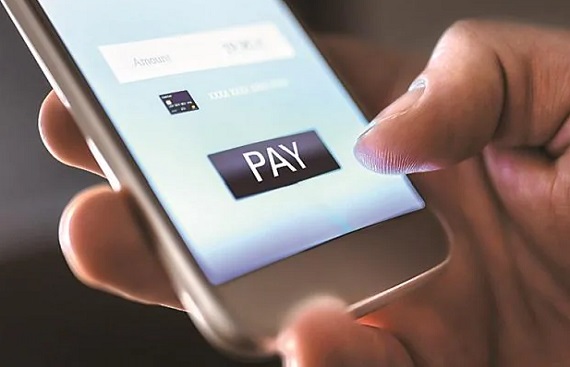Indian e-rupee to enhance digital payments sans bank accounts
By
siliconindia | Monday, 07 November 2022, 21:57 Hrs

A central bank digital currency (CBDC) can play a key role in providing access to digital payments without the requirement of a bank account and the access would be facilitated by a central bank-issued digital wallet, said industry stakeholders.
The rollout of the e-rupee has been one of the most sought-after developments, since its announcement in the FY23 Union budget.
Jaya Vaidhyanathan, CEO of BCT Digital, said that the RBI's commencement of the pilot of the digital rupee marks appreciable progress in the journey toward digital payments.
"The initiative has started in the low volume, high-value wholesale (interbank) segment from where learnings would be used to roll out reliable, built-to-scale retail payments," said Vaidhyanathan.
The pilot announcement involves nine banks, including the SBI, the Bank of Baroda, the HDFC Bank, the Yes Bank, the Kotak Mahindra Bank, and the ICICI Bank, settling secondary market transactions in government securities, thereby reducing settlement risk and transaction costs.
"A successful pilot and by extension, a full rollout of the digital rupee is expected to boost the reach of payment and financial needs of a wider category of users while ensuring transparency and low operational cost, and in this regard, it is encouraging to witness the RBI's support for innovation in creating a world-class, future-ready digital ecosystem," Vaidhyanathan stressed.
India has one of the most technologically-evolved currencies in the world, and the e-rupee will put it in the forefront of true digital payments and improve financial inclusion.
"The popularity of a digital rupee backed by the RBI will help bring legitimacy to other private digital currency like crypto. While we wait for clarity on how it is implemented, it is a positive step towards the acceptance of digital currency," said Prashant Kumar, Founder and CEO at weTrade.
According to Arjun Khazanchi, Co-Founder and Chief Legal and Strategy Officer at Rooba.Finance, the CBDC is an ambitious project where the government has been silently working to disrupt the financial system which has traditionally been opaque, cash dependent, and highly-inefficient.
"The first use case is going to be for the secondary market transactions in government securities. This move may even boost liquidity, remove inefficient and redundant processes while reducing transaction costs. This would also enable increased transparency between the participants," Khazanchi contended.
Through this, the government expects to also be able to reduce settlement risk which is one of the biggest use cases for Blockchain in financial markets.
There are some fears regarding the privacy and overt control that the government may possess over the CBDCs.
"However, some commentary may be over exaggerated with intent being presumed. Retail CBDC is still far away and would require a lot of education and technical training before being imposed," said Khazanchi.
The CBDCs could help preserve the role of public fiat in monetary policy, securing central banks' role in protecting financial stability in their markets. It provides a public, digital alternative to cash and private digital money.
According to Manish Sharma, Founding Partner of Centricity Wealth Tech, the CBDCs can play a key role in providing access to digital payments without the requirement of a bank account.
"Public-private partnerships will be essential to the success of a CBDC launch, enabling central banks to leverage established infrastructure and client relationships. Such alliances will help central banks implement use cases aligned with end-user needs, complementing their gaps in capabilities and knowledge of consumption habits, particularly in a retail scenario," Sharma said.
By engaging commercial banks and other private stakeholders (technology enablers, merchants, users) in the launch process, central banks will also foster a broader sense of ownership, manage fears of displacement, and increase the probability of successful adoption.
Mahesh Shukla, CEO and Founder, PayMe India, said the RBI is further looking forward to focus on other wholesale transactions and cross-border payment, which can be projected as steps to ease the ways of financing for the general public.
